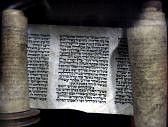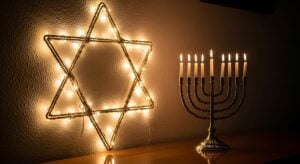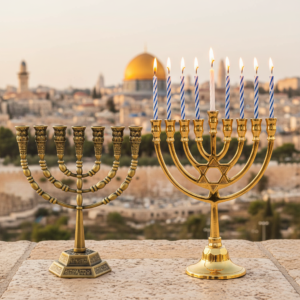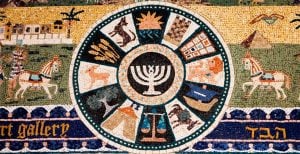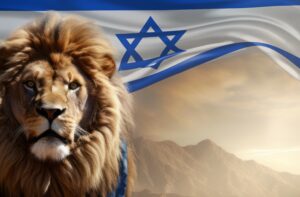Kabbalah is a little bit of a controversial topic. Some believe it to be a potent source of religious symbolism; some people regard it with cynicism; others – including many Christian sects – believe it to be a source of evil, magic, or devilry. However, in Judaism, Kabbalah and the ideas it espouses are often treated with the highest level of respect. So where does this discrepancy come from?
First, let’ clarify: when Jews talk about Kabbalah, we don’t mean the pop-culture icons worshipped by celebrities. We definitely don’t mean magic: practicing magic is explicitly forbidden by the Torah. In Judaism, Kabbalah is a tradition of mysticism – in the purest sense of the word.
Kabbalah is one of Judaism’s oral traditions. Far from being a sleazy tool used to con people or perform forbidden arts, it is an understanding of the Torah that penetrates far deeper than the words on a page. It offers a look into the hidden layers of meaning behind the Bible’s words, and in the right hands, can be a powerful tool for understanding God and His relationship with our world.
A lot of Judaism’s Kabbalah can be summed up by a special book called the Zohar. It was written by a man called Rabbi Shimon Bar Yochai, who spent years and years alone in a cave to escape persecution. He devoted his years of exile to studying Torah, delving deeper and deeper into its hidden mysteries. His learning is what we call the Zohar.
Far from being a strange or suspicious text used nefariously, the Zohar is a carefully guarded work which can only be learned by specific people. To protect it from falling into the wrong hands, it is traditionally only studied by incredibly learned individuals who are over the age of 40. To qualify, they must know all of the Torah – both written and oral – to an incredibly high standard. In this way, the Kabbalah is passed down exactly and carefully from teacher to deserving student. This ensures that the holy and secret knowledge of the Zohar remains just that: holy and secret.
Admittedly, the purity of Kabbalah has been diluted over the years. Its esoteric meanings have been picked up on by various sects and other religions who do not enforce the same high standards as Zohar-studying Jewish kabbalists. This has lead to the bastardisation of Kabbalah, which is often seen at best as a pop-culture con, and at worst as the practice of devil worship.
However, we maintain that when done right – carefully taught to qualified individuals and used only to understand and connect with the deepest truths of God, the Torah, and indeed the universe – that Kabbalah is one of the most powerful and beautiful tools in the Jewish arsenal. Its secrets help to elucidate God’s presence in the world around us – and what is more perfect than that?
